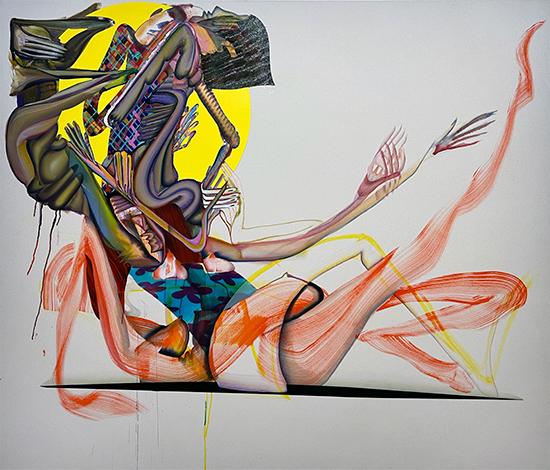Cartesian Conflagrations Instructor: Reza Negarestani Date & Time: May 24th, 31st, June 7, 14, 21, 28, July 5, 12. 10:00-12:30 ET

DESCRIPTION: Often introduced in the vein of a boogeyman at the center of modern philosophical cautionary tales, Descartes remains one of the most influential and yet persistently controversial of all rationalists. His controversy stems mainly from two facts: one, that his legacy initiated a chain reaction at the dawn of the Enlightenment, likened by Rosalie L. Colie in Light and Enlightenment (1957) to a series of great blazes which reached to Hobbes and Spinoza, ravished the landscape of scholastic and theological thought with much intellectual fury, and set in motion the very process of modernizing philosophy. Second, because Descartes was a notorious critic of himself, shifting his philosophical position very thoroughly and very often from metaphysical rationalism to an unrestrained rationalism, only to arrive at a naturalist stance where the concerns of rationalism had to reckon with the problems of methodological naturalism.
The aim of this Seminar is to show that the conflagrating nature of Descartes’s philosophy—a mixture of high heat and enlightenment—in its transitional and revisory ethos is still very much intact. The great fires initiated by Rattus Descartus will live on. The strawmanning of René Descartes as the founder of the so-called la nouvelle philosophie, at best a substance dualist and at worst a philosopher bent on laying waste to all philosophical achievements of the old world, are not merely unjustified but also strategic falsities to stave off what Descartes had already anticipated to the determinant of philosophical forms of idleness: A second enlightenment born out of a meticulous renegotiation of boundaries between rationalism and empiricism.
This Seminar will engage with such problems in the philosophy of Descartes and its legacy by underscoring the insights of his so-called Leiden period, during which Descartes is, by all definitions, an intellectual persona non grata. We will subsequently investigate the achievements of his later works in light of some of the most pressing philosophical problems today, including but not limited to those brought up by the ongoing revisions demanded by developments in AI research and calls for a rationalist empiricism (see, for example, Nathan Brown’s Rationalist Empiricism: A Theory of Speculative Critique).
IMAGE: Christina Quarles, They’ll Cut Us Down Again, 2020.
To see The New Centre Refund Policy CLICK HERE.
To see The New Centre Refund Policy CLICK HERE.